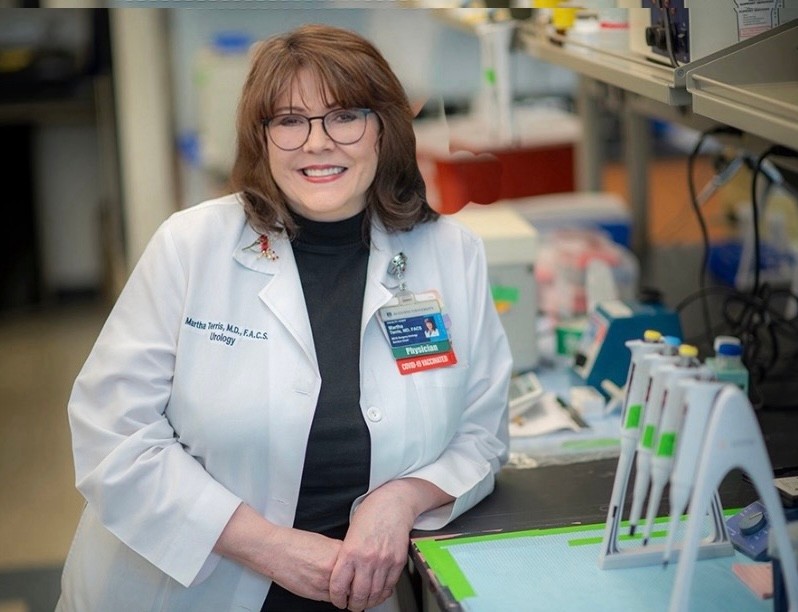We were lucky to catch up with Martha Terris recently and have shared our conversation below.
Hi Martha, thanks for joining us today. We’d love to hear the backstory behind a risk you’ve taken – whether big or small, walk us through what it was like and how it ultimately turned out.
I am Chair of a Urology Department in Augusta Georgia. Urology is a field that has historically attracted few women and people of color. We know that patients have better outcomes if treated by doctors that look like them. I try to appeal to a large, diverse populations of medical students to prompt interest in urology through both outreach to our local medical school as well as through social media on TikTok, X (Twitter), Instagram, Facebook, YouTube, and Reddit. MCG Urology remains the only urology training program with a profile on TikTok and is one of the most prolific programs on the other social media platforms. Interesting, encouraging, and educational posts are popular with our audience.
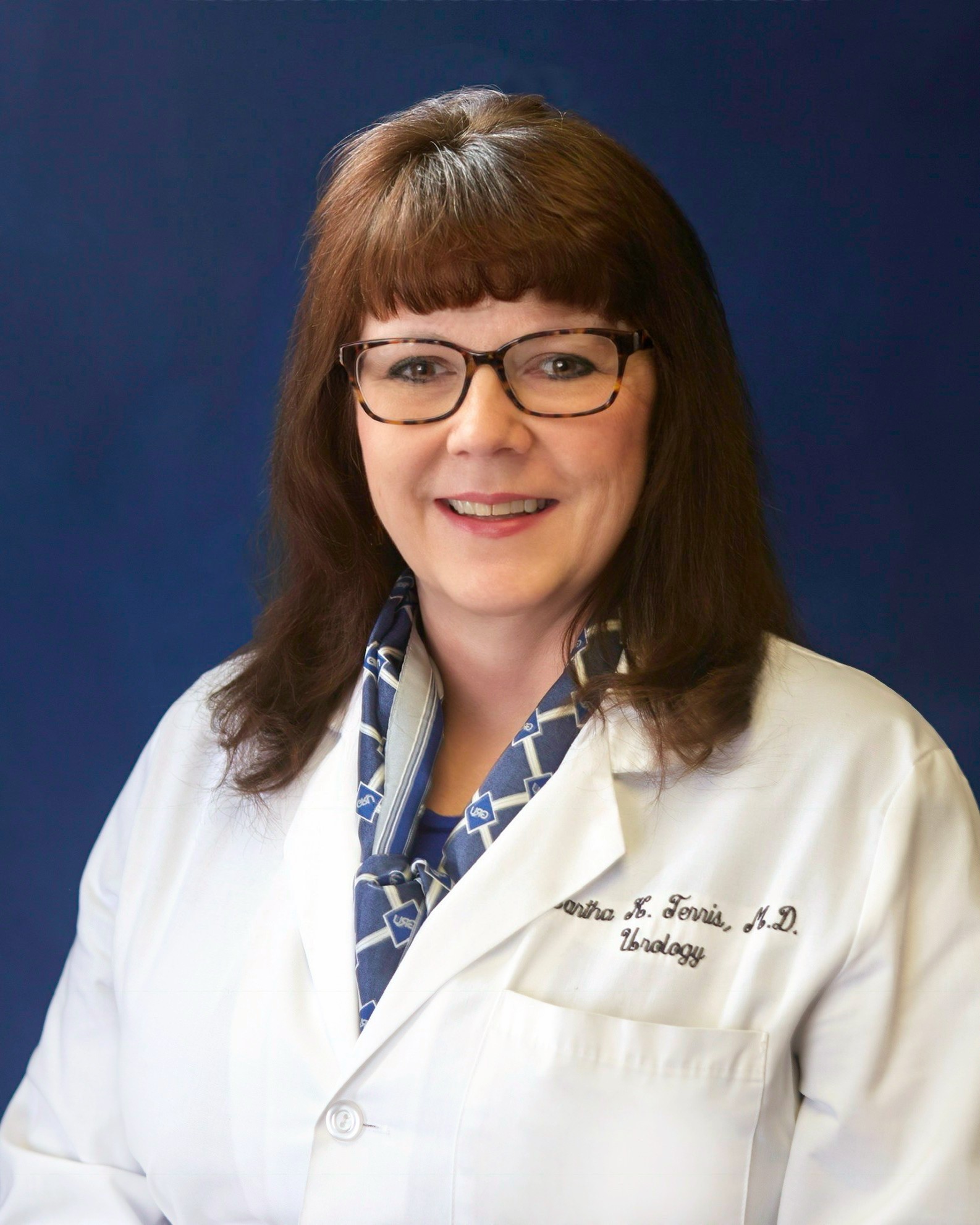
As always, we appreciate you sharing your insights and we’ve got a few more questions for you, but before we get to all of that can you take a minute to introduce yourself and give our readers some of your back background and context?
Martha K. Terris, MD, FACS, is Professor and Chair of the Department of Urology, holding the Witherington Distinguished Chair in Urology at the Medical College of Georgia at Augusta University. She received her general surgery training at Duke University and urologic surgery training at Stanford University. Her urologic oncology fellowship training, also at Stanford, focused on prostate cancer diagnosis and staging. After completion of training in 1995, she remained at Stanford as faculty member in the Department of Urology and Chief of Urology at the Palo Alto Veterans Affairs Medical Center. She was a founding member of the Shared Equal Access Regional Cancer Hospital (SEARCH) Database. Her continued collaboration with database research as well as with leaders in urologic basic science has generated significant grant funding and over 350 peer-reviewed manuscripts. Dr. Terris joined the faculty at the Medical College of Georgia and the Augusta Veterans Affairs Medical Center in 2002 as Professor of Urology and Chief of Urology at the Charlie Norwood Veterans Affairs Medical Center where she started the robotic surgery program. She assumed the position of Program Director for the Urology Residency Training Program in 2003. Under her leadership, the program grew from one resident per year to three residents per year with a robust training program launching residents into fellowship and academic careers or successful independent practices. She has served on several leadership committees within the medical school and healthcare system and was elected Chair of the Credentials Committee and President of the Medical Staff at the Medical College of Georgia. Dr. Terris became Chair of the Division of Urology and invested as the Witherington Distinguished Professor and Chair of Urology in 2011. Advancements in research, training, and patient care, lead by Dr. Terris, resulted in the Division of Urology being promoted to Department of Urology in 2023.
She has served as a member of the Urology Residency Review Committee of the ACGME as well as Trustee of the American Board of Urology and president of the Society of University Urologists and the Society of Urology Chairs and Program Directors. She has also served on numerous committees of the Georgia Urological Association, the Southeastern Section of the AUA, and the American Urological Association. Dr. Terris’ recent honors include being named Best Doctors in America and Top Doctors in cancer repeatedly, Urology Practice reviewer of the Year, the American Urological Association Distinguished Service Award, and is currently president-elect of the Georgia Urological Association.
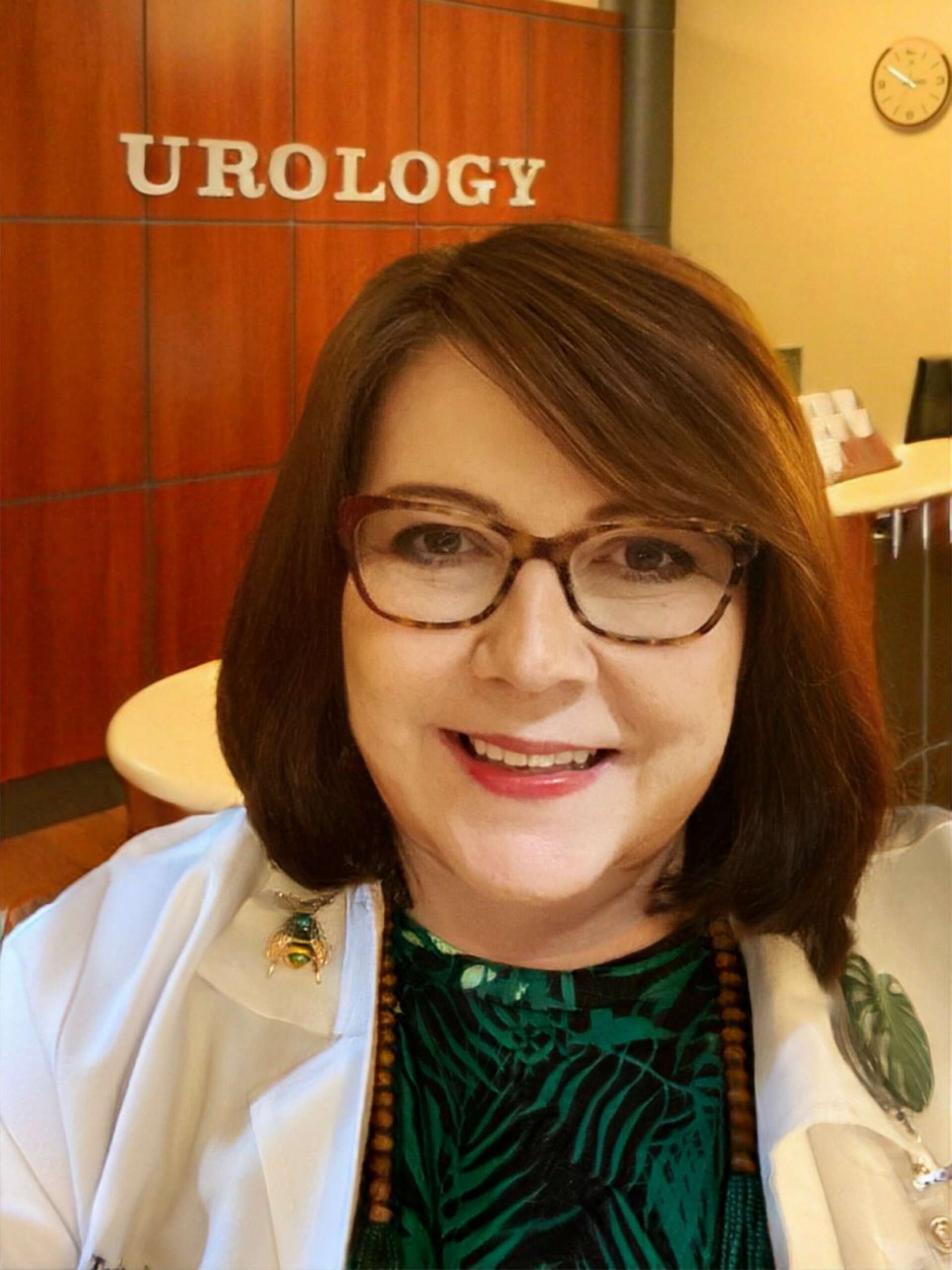
How’d you build such a strong reputation within your market?
The urology residency program at the Medical College of Georgia is one of the strongest in the institution with a track record of residents taking faculty positions at strong institutions (Cleveland Clinic x2, Oregon Health Sciences, Roswell Park Cancer Center, UT Houston, etc) as well as a significant percentage staying within the state of Georgia, fulfilling one of the missions of MCG. The program has received no citations and has receive commendation for exceptional compliance with regulations for the past 17 years. This is in stark contrast to when Dr. Terris took over as Program Director in 2003. The program was on probation and had been cut from 2 residents per year to 1 resident per year in 2001. By the 2003 site visit, the program had no citations and complement increased back to 2 per year. Growth continued with dramatic increase in not only resident research output but MCG medical student interest in Urology. The resident complement was increased to 3 per year in 2018. Prior to Dr. Terris joining the faculty, there had been 1 MCG student applying in urology the past 10 years. Since her starting the student interest group and outreach, MCG is one of the top schools in the nation for producing urologists.
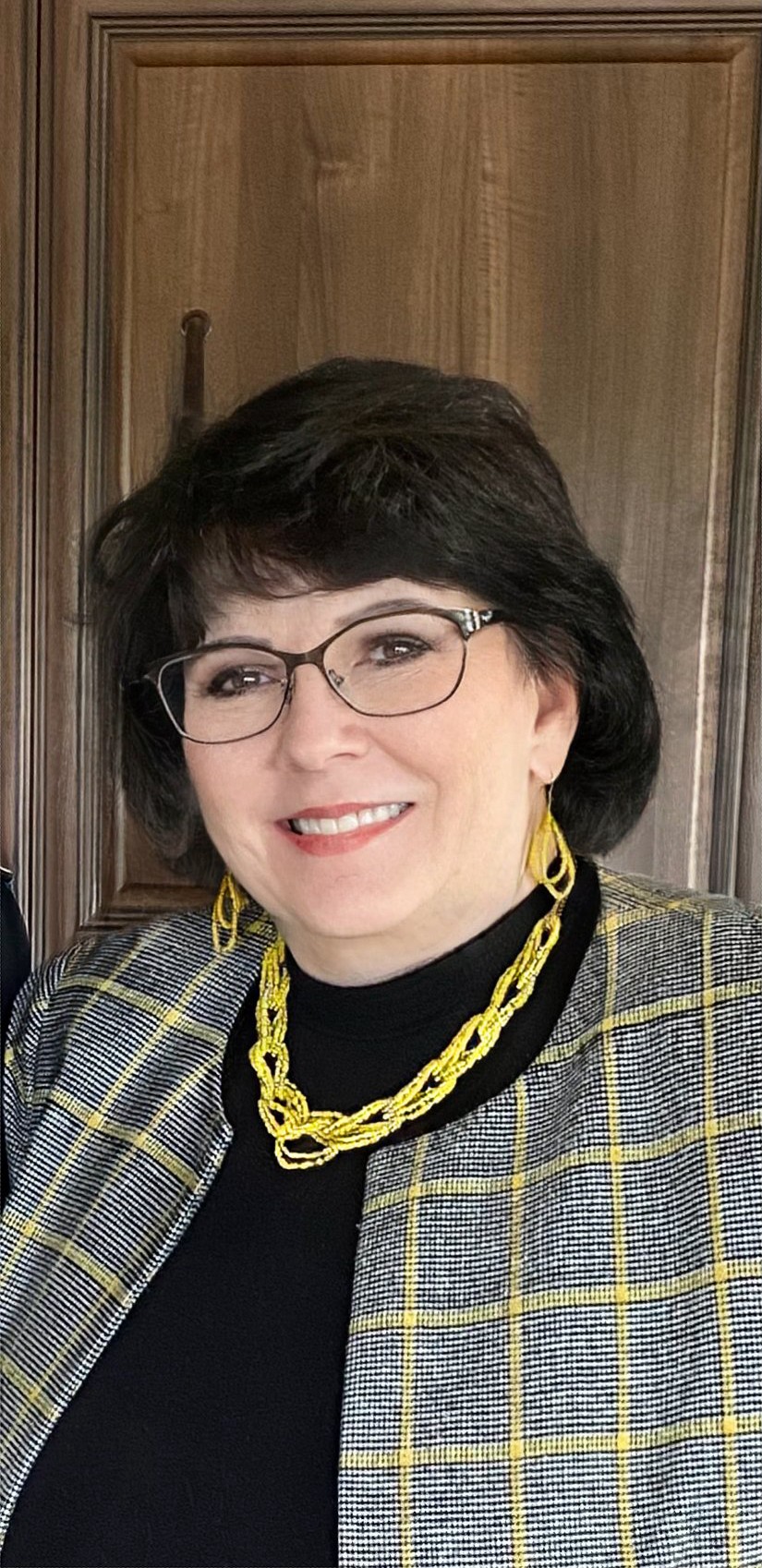
If you could go back in time, do you think you would have chosen a different profession or specialty?
When I was applying for residency in the mid-1980’s, 1% of practicing urologists were female. In 2024 that proportion is up to 13% with 24% of our residents in training being female. The specialty, in general, has proven welcoming and supportive.
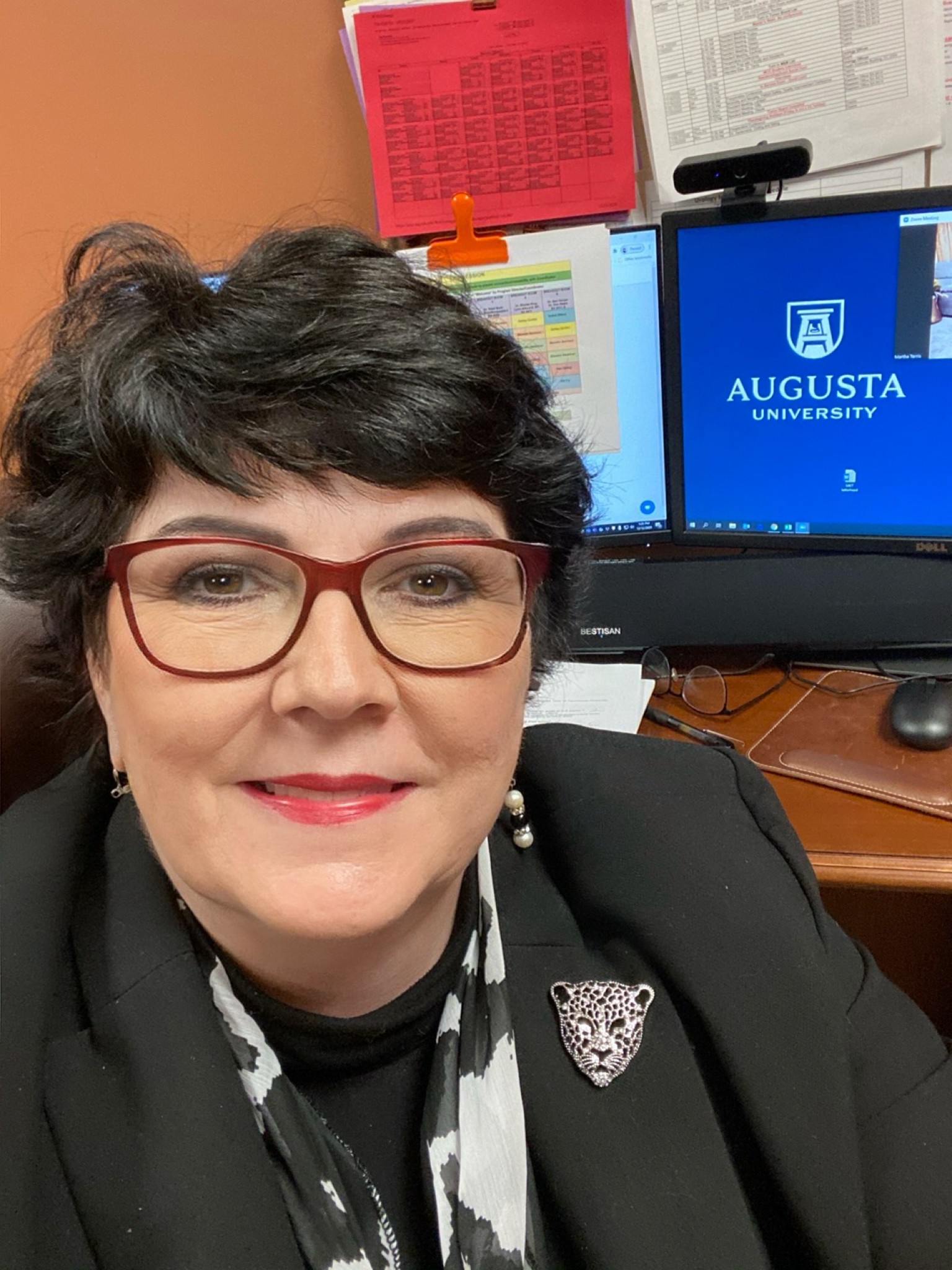
Contact Info:
- Website: https://www.augustahealth.org/provider/martha-terris
- Instagram: @marthakterris
- Facebook: Martha Kennedy Terris
- Linkedin: Martha Terris
- Twitter: @marthakterris
- Other: MCG Urology socials: TikTok: mcgurology Twitter: @mcg_urology Instagram: @mcgurology Facebook: MCG Urology YouTube: @MCGUrology Reddit: r/MCGUrology


